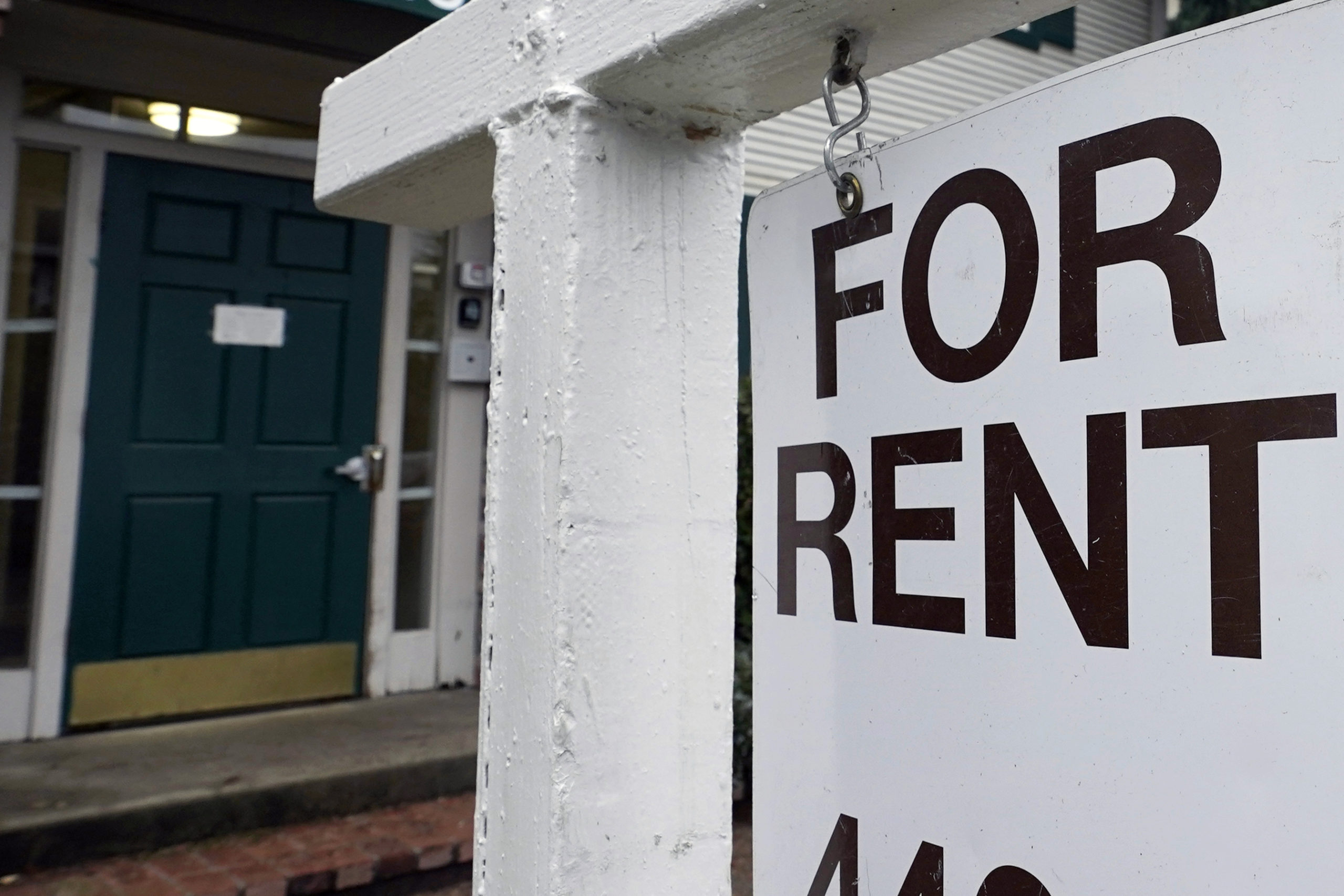The numbers are pretty grim, with real-world consequences on the horizon for millions of people.
At the end of August, the Census Bureau said 8.5 million people were behind on their rent, and almost 4 million believed they were either somewhat or likely to be evicted by the fall.
That is horrible news, especially in big cities like Los Angeles, Seattle, and San Francisco that have out-of-control homeless issues already.
The rising rental prices, inflation, and the current recession will be a knockout punch of misery for many people.
The number of evictions in late summer was already on the rise, and in some cities, the increase was staggering. Take Minneapolis-St. Paul, for instance – in August, evictions were 94% above average in the Twin Cities. Houston was almost as bad at 90%, and Tampa checked in with eviction rates 52% higher than a year ago.
Landlords who could not evict tenants who did not pay their rent during the pandemic are now moving quickly to oust renters for nonpayment. Another problem for renters in trouble is that rent prices continue to increase. Over 30 million renters, half of the total number in the U.S., have had to face rent increases in the past year. The increase was between $100 to $250 for almost 20%, another 7% of renters saw hikes of $250 – $500, and 4% were looking at an additional $500 increase in their rent.
What happens if ends don’t meet at the end of the month? People are forced to resort to drastic measures, with almost 60% saying they use loans, savings, or credit cards to make sure they get their rent paid. Others are selling off assets to do it.
There’s a domino effect that affects another aspect of the economy – with interest rates rising on mortgages, most people who rent have no shot of entering the home buying market any time soon, and the housing industry has seen an 18% drop in mortgage applications in the past 12 months.


















Add comment